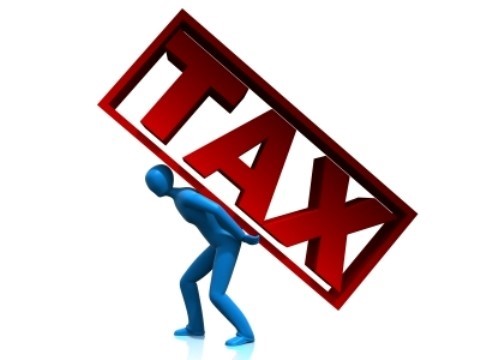It might perhaps seem like an irony that an administration that pledged to cut corporate taxes across various sectors of the economy to accelerate business development, is actually trapped in a series of hostilities towards its direct or inherited tax policies.
Only less than two weeks ago, it was the country’s minority in Parliament via its spokesperson on finance accusing the government of flouting the provisions of the Amended VAT Act 948 that is meant to guide the Ghana Revenue Authority (GRA) in the execution of its functions. In fact, the word was ‘illegality’.
While that was ongoing and was to many passed for another political gimmick by the country’s opposition party, the Association of Ghana Industries (AGI) as well as a few others in its ranks joined the call for a redress of the 3% VAT flat rate implementation by the GRA: which they claimed wrongly defined ‘who an importer was’ and equally emphasized on its anticipated multiplied effect across business transactions.
Now on a different but similar front, the country’s Association of Rural Banks have expressed their discontent with the government over the enforced 25% corporate tax on these grassroots banks.
In an earlier disclosure to some members of the Media, a representative from the National Council of the Association of Rural Banks - Mr. Stephen Sarfo Kantanka said: “we are responsible corporate citizens: we are not asking for a tax free zone. All we are asking is that the tax [corporate tax on rural banks] be increased graduallyâ€.
ARB argues that, the current increase 25% from 8% is a massive burden on these rural financial institutions: one that would place a considerable strain on business if they are to adjust to it.
In addition, the Association of Rural Banks’ rationale for their pressure on government to return to 8% and rather increase the tax rate gradually is that, if the corporate tax burden is so much on them it would invariably be shifted to their rural credit clients and in effect, affect accessibility to loans or capital for their projects which are mostly agricultural.
If this assertion by the ARB is true, then it would mean that the President Nana Akufo – Addo government would indirectly be working against one of its most prominent goals as an administration of ‘promoting an all inclusive growth’. For how can such growth be possible if rural farmers or entrepreneurs struggle to access funding from their community banks?





